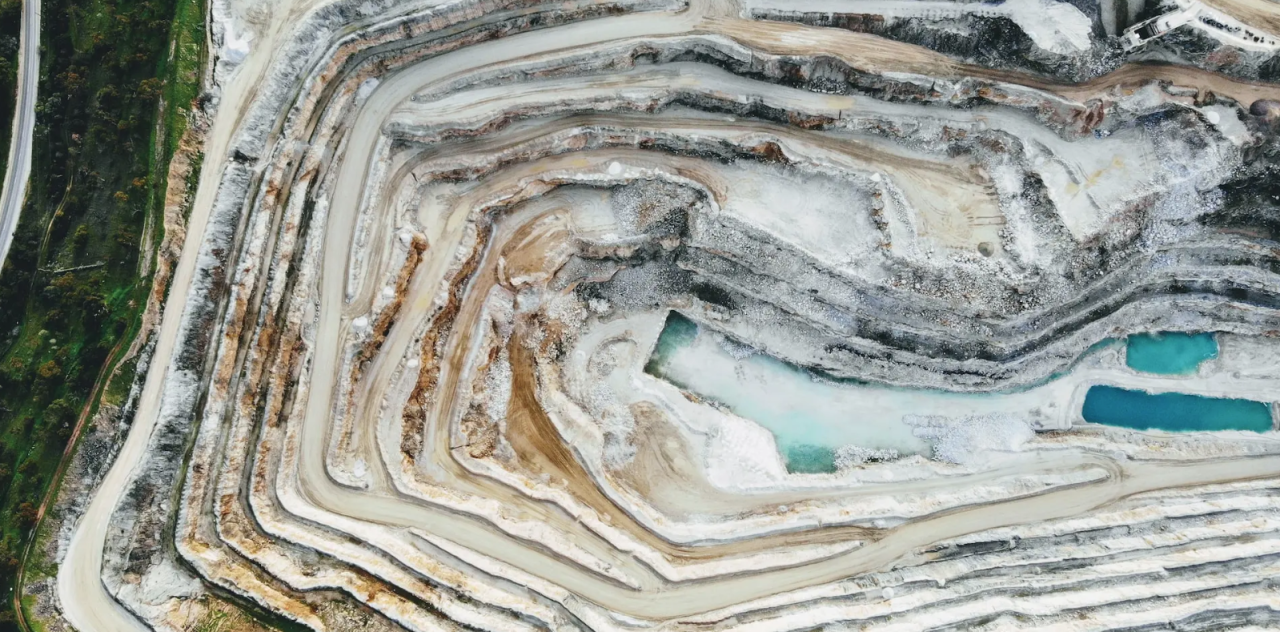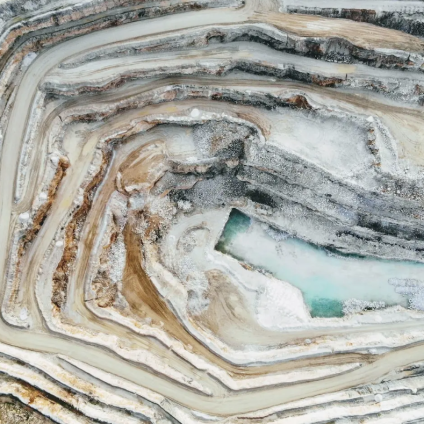By 2059, Beijing will be the first independent country in battery production thanks to the recycling of critical raw materials
The West was forced to chase in the recycling of critical raw materials
– China will be the first country in the world to become independent of the need to extract essential raw materials for batteries. The recycling of critical raw materials will grow much faster in Asia than in Europe and the United States.
This is foreseen by a study by the University of Münster, which analyzed the trajectories of demand for the three most important raw materials for batteries. It is lithium, cobalt and nickel. Experts have assessed when it will be satisfied entirely by recycling in Europe, the United States and China. The conclusion is that the Dragon will be the first to achieve the goal of a circular battery economy, followed by the Old Continent and finally the USA.
US and EU are more than a decade behind China
The results of this work are published in Resources, Conservation and Recycling. In detail, they show that China should be able to source lithium from recycling by 2059. Europe and the United States will not make it before 2070. As for cobalt, recycling is expected to meet Chinese demand after 2045. In Europe it rises to 2052 and in the USA to not before 2056. Finally, for nickel, Beijing will be able to recycle everything it needs from 2046, followed by Europe in 2058 and the United States in 2064.
You could do even better than that, the researchers say. A faster rate of electrification of the automotive industry could provide a boost. The more electric vehicles enter the market, the sooner batteries become available in quantities for recycling. In addition, the size of accumulators could also be reduced to improve the use of secondary raw materials. Another possibility would be to avoid using batteries as stationary accumulators, but this would conflict with other applications and technologies for decarbonization.













